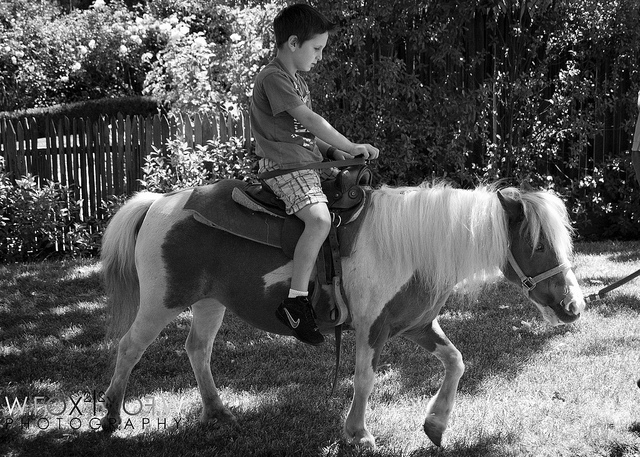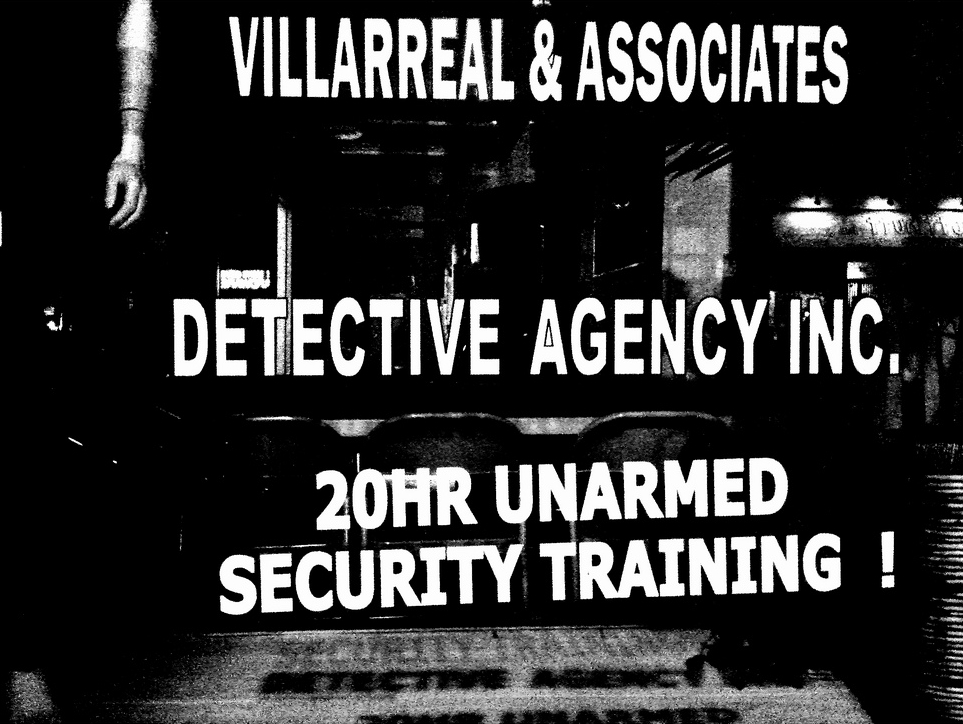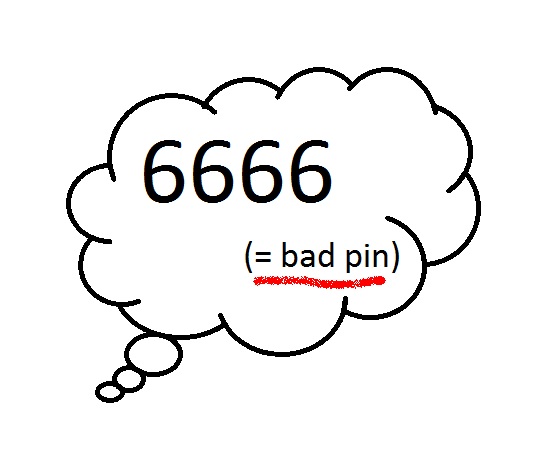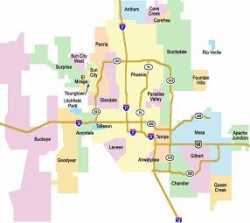There’s a myth that “password” is the most commonly used password and that you should never use “password” or someone will easily guess your password. Your bank account, your kids’ college tuition, and your retirement will all vanish in the blink of a hacker’s eye. What doesn’t accompany this brilliant piece of cyber advice is the fact that “password” is usually the default password assigned to all new internet accounts when they are first created by their systems. Since, at any given time, there are tens of thousands of internet accounts that have been recently created, of course “password” is the most common password. Once the user goes in to activate the account, he changes that “password” password, usually by system mandate. See? Non-issue. So let’s talk about a REAL password problem.
There are many of us that use an easy to remember password or PIN number – something personal that we would never forget. This increases your odds avoiding a random cyber-attack, but what about people who know you? Your friends? Your family? The nosy neighbor? A jealous ex? Not everyone who wants to get into your email account is an identity thief. Some people are just disrespectful or vengeful. In order to be safe on this front as well, it’s best to avoid anything associated with common or public knowledge about yourself – something that can be easily guessed by someone that has even a casual acquaintance with you. Here are a few examples of things to avoid:
Birthdays and Anniversaries
Anyone in the neighborhood will be able to guess this one, especially if you have young children. That big backyard 5th birthday bash with the pony rides is a PIN number billboard.
 (Source: W. Fox)
(Source: W. Fox)
Family Names
Consider the ‘jealous ex’ scenario here. That person most likely knows your family history. If you’re in the middle of a divorce, your ex can easily give your mother’s maiden name to any private investigator.
 (Source: Seth Anderson)
(Source: Seth Anderson)
Favorite Bands or Sports Teams
The neighbors aren’t likely to forget your massive drunken celebration when the Ravens won the Super Bowl in February of 2013. If purple flags are on your car, “0213” is not be the best PIN choice.
Hobbies
If your Facebook page is filled with pictures of that surfing trip to Costa Rica, complete with your shredding that perfect head-high set on the last day, don’t make “aSurfer” your bank login.
Often, people will feel that they are safe if they attempt to subvert their attackers by adding a number to any of the above choices. Remember, there are ten easy chances for a hacker to get this one right. True, it will take a bit longer to guess, but we aren’t focusing on random attackers here. These are folks with some sort of vested interest, and it will only be a matter of time before they figure out your little ploy. Instead, try adding two or three numbers, and keep in mind that the longer your password is, the safer you are. If you have to choose six to eight characters, choose eight.
Pin Numbers, Shmim Numbers
When it comes to numbers, the average homo sapien reveals a startling lack of creativity. Due to numbers being more difficult to associate with other sensory inputs, regurgitating 10 different digits into the 10,000 different combinations available becomes a task few seem interested in pursuing. 20 combinations of digits make up a huge percentage of our pin number usage out of the 10,000 possibilities.
Roughly, the numbers on the numbers break down as follows: 1234 (11%), 1111 (6%), 0000 (2%).
The rest of these are chosen under 1% of the time: 1212, 7777, 1004, 2000, 4444, 2222, 6969, 9999, 3333, 5555, 6666, 1122, 1313, 8888, 4321, 2001, and 1010.
At first you might think, ‘Hey, less than 1%? That’s not bad.” That is, unless you think about it, Homo Sapien. Without proper math application on this, you will miss that if a would be criminal inputs these 20 pin number combinations he will hit the jackpot of your hard-earned material possessions 26.83% of the time. For anyone inclined to an easy way to rip people off, these odds are pretty good. Data Genetics, a technology consultancy has run some pretty conclusive data on this so we don’t have to get headaches figuring it out for ourselves.
More Pin Number No-Nos
Because association is such a key to our ability to recall data, we often fall into using important dates to give us a basis for our pin numbers. 20% of number people choose begin with 19. Not too surprising since most everyone old enough to use pin numbers was born in a year that began with 19. That leaves only 2 digits left for swindlers to play with, or 100 combinations to place after the 19. Given that this could be done in just a few minutes, you’ve just upped your odds of being hacked by another 20%. What are we up to now, 46.83%? Ouch.
Using numbers that are on your documents, such as driver’s license and social security cards are a bad idea. If and when your wallet is stolen, you can count on those numbers being run through all your accounts.
Finally, two tidbits of information to take with you are offered. The 17th most common 10-digit pin number is 3141592654. Recognize that from math class? It’s pi. And, drum roll please, the least used pin number combination is 8068. It seems to have no relation to anything important so few use it. Sadly, with the publishing of this article, we suggest you skip that one as well.


 We serve the entire Phoenix area, including
We serve the entire Phoenix area, including  We accept Cash, Checks and Major Credit Cards.
We accept Cash, Checks and Major Credit Cards.
By super Maio all-stars February 17, 2015 - 1:44 am
Pretty nice post. I just stumbled upon your weblog and wished to mention that I’ve truly enjoyed
browsing your weblog posts. In any case I’ll be subscribing to your feed and I’m hoping you
write again soon!